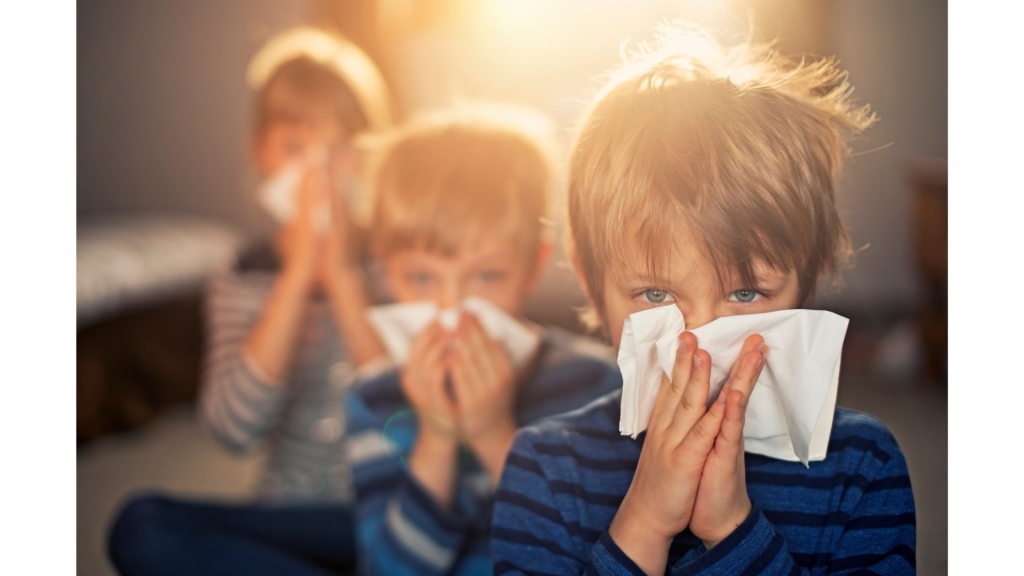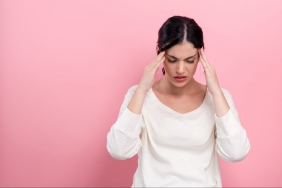allergiesIt is one of the health problems that can be encountered in almost every part of modern life and is often underestimated, but can seriously affect the quality of life. Overreaction of the body's immune system to harmless substances can cause various reactions after contact with allergens. These reactions can range from mild symptoms such as itching, runny nose, skin rashes, to life-threatening anaphylaxis.
your allergies We will try to understand its various types and causes. We will explore how allergies occur, their symptoms, and treatment options. We will also discuss strategies for dealing with allergies and measures to increase awareness about allergies. We will emphasize how critical knowledge and awareness are in combating allergies in order to live a healthy life.

Allergies: Anatomy of Sensitive Points to Which the Body Reacts
Allergies are a health problem that refers to the body's overreaction to normally harmless substances. These substances are called allergens and can often include a variety of elements such as environmental factors, foods, medications or insect stings. Allergy occurs as a result of the immune system overreacting to these substances.
Immune Response to Allergens:
The immune system is a complex system that protects the body from germs and other harmful substances. However, in some cases, the immune system can also react to non-harmful substances. The response to allergens usually occurs through special proteins called antibodies. These antibodies cause various reactions in the body when contacted with the allergen.

Allergy Symptoms:
Allergic reactions can cause a wide range of symptoms. Mild reactions include itching, runny nose, watery eyes and sneezing. More severe reactions may include life-threatening conditions such as shortness of breath, stomach problems, skin rashes, and anaphylaxis.
Types and Causes of Allergies:
- Pollen allergy: This type of allergy develops against the pollen of various plants. It is also known as seasonal allergic rhinitis or “milky way fever” and usually becomes apparent in spring or summer.
- Animal Allergy: These are allergic reactions that occur due to animal dander, shedding, proteins found in the fur, or other allergens carried by the fur. Cats and dogs frequently cause these types of allergens.
- House Dust Mite Allergy: Small microscopic mites found in homes live in house dust and can cause allergic reactions to the respiratory tract.
- Food Allergy: Allergic reactions to certain foods. Allergies to foods such as eggs, milk, peanuts, seafood and wheat are common.
- Drug Allergy: Some people may have allergic reactions to certain medications. Medicines such as antibiotics and aspirin are included in this category.
- Insect Sting Allergy: Allergic reactions to the stings of insects such as bees, wasps and cockroaches.
- Latex Allergy: These are allergic reactions to products containing rubber or latex. Latex can be found in rubber gloves, balloons, and some medical supplies.
- Sun Allergy: Some people may experience skin reactions such as redness, itching and rash when exposed to the sun.
Treatment and Management of Allergies:
your allergies Treatment includes medications to relieve symptoms, allergen avoidance strategies, and allergy immunotherapy. Medications usually include antihistamines, decongestants and corticosteroids. Additionally, allergy immunotherapy is a long-term strategy to direct the body to be less reactive to allergens.
Allergy Examinations and Professional Evaluation:
It is important for people with allergy symptoms to have a professional evaluation. Allergists can use a variety of tests to determine the allergens a person is exposed to and create the appropriate treatment plan. Allergy exams usually include skin prick tests, blood tests and breathing tests.
Allergen Avoidance and Emergency Response:
Allergens should be avoided as much as possible to reduce the risk of allergic reactions. Individuals at risk for serious allergic reactions should carry an epinephrine auto-injector (epi-pen) for rapid intervention in the event of anaphylaxis.
Allergies are a complex issue that every individual may encounter and can affect their life. In this article, we examined the various types of allergies, tried to understand their symptoms, and looked at treatment options. Information about the role of allergists, strategies to avoid allergens, and emergency interventions can help individuals living with allergies live healthy lives.
It should not be forgotten that each individual's allergy profile is different and a professional evaluation is important to create an effective treatment plan. Additionally, it should not be forgotten that individuals living with allergies can improve their quality of life and cope with allergies by taking conscious steps against allergens. Knowledge and awareness about allergies is an important step to improve the general health of the society.

















